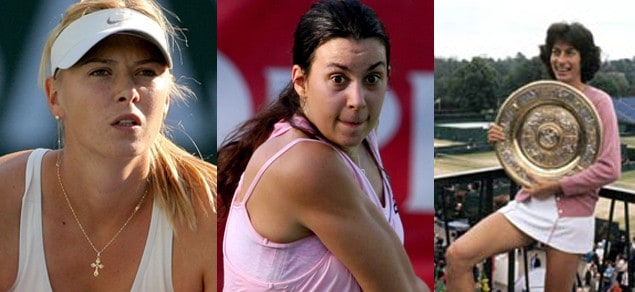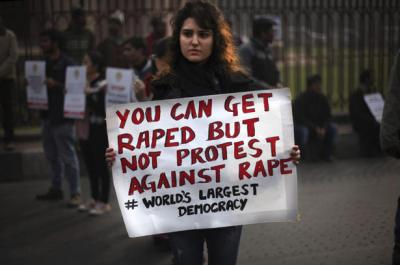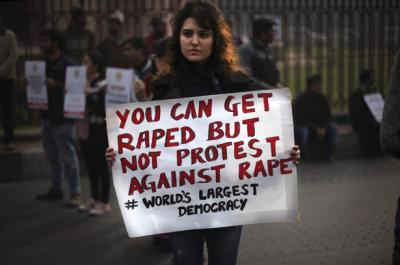There is an ancient Wimbledonian saying, mostly untranslatable but it goes something like “If chance made you a woman and you want to be a champion of Wimbledon, you gotta have big boobs. And blond hair. And body of some Amazonian jungle goddess from a hormonal teenager’s fantasy. If you are a man, you just gotta play well.” As the time passed, this sacred law has been withheld by generations of long legged Sharapovas and Mladenovics who have marched on and have become famous for their “supermodel looks”, their winning one title after another notwithstanding. Yes, that’s why female tennis players were allowed to play professionally in the first place, to look like supermodels giddying around on the court. Why didn’t they just get Kate Moss to do all that?
In a world where feminism is a dirty word and where cracking sexist jokes are the in thing to do, sports were thought to be the great equalising force, a place where only talent and tenacity were the criterion to achieve greatness. Where not having the male member dangling between your legs was not supposed to be a handicap, a handicap which would underscore the rest of a woman’s life. But the silent sexism in sports all these years long, followed by the recent examples of not-so-silent sexism show how even in the supposed gender non-discriminating arena of athletics, the old ugly face of sexism persists.
The Bartoli vs. Lisicki women’s single match was one of the most famous this season and for all the wrong reasons. It would be expected that after winning the match, Bartoli would either be appreciated for her skills on the court or panned for the same. She was after all an athlete who had just won a major title. But the backlash that followed had nothing to do with the game but something so completely unrelated to the sport that it boggles the mind as to how people could connect the two. While single digit IQ levelled Twitter warriors had a field day branding her “undeserving” of the title because of her looking the way she does, the BBC commentator, John Iverdale jumped into a retelling of an imagined conversation between Bartoli and her father/coach, where the latter supposedly tells his daughter how she was “never going to be a looker” and because of which she had to be extra “gritty” in her game.
Another incident following Andy Murray winning the men’s single reflects on the retaining power of the audience of matters related to women in sports. After the win against Serbia’s Novak Djokovic, the British media went on to celebrate Murray as the redeemer of the British nation. Headlines like “A win after 77 years” crowded the newsstands. What went unnoticed until later was that in between Murray’s win and Fred Perry’s 77 years ago, three Britishers had already won singles titles in the tournament. The fact that those three were female gave the media the right to go into memento mode and forget about the past winners since Perry. Of the three, Virginia Wade was the most celebrated after her win 36 years ago. The other two were Annabel Croft and Laura Robson, who won the Girls’ singles in 1984 and 2008 respectively. The fact that people could just forget such achievements seem especially cruel after knowing what Wade said in an interview after her historic win, “You never forget how it feels to win Wimbledon.”
The incident involving Bartoli drags to the limelight the sexist practices that tournaments like Wimbledon are still preserving. While the male player is supposed to spend his time and resources on bettering his game, any digression being scrutinised and criticised by the media and the commentators alike, the female player is expected to only keep up the Disney Princess appearance.Such trivialization gains from the patronising attitude towards sportswomen in general, which leads to further breeding of such sexist understanding in the succeeding generations. This completes the circle where however much may the sportswoman achieve, at the end of the day her worth is decided by men on how pleasing she is to their eyes.
The Tumblr post by Public Shaming cataloguing the insensitive outcry on Twitter over how Bartoli was undeserving of her title because of how she looked showed just how wide spread sexism is. People who would not usually watch Tennis matches, let alone interested in women’s sports, would air their opinions on just how much they were offended by her winning the match and how much they wanted Sabine Lisicki to win. What goes uncommented upon is how equally insulting this is for Lisicki too, whose right to win the title was appropriated because of her looks and not by the fact that she had reached the finals in the first place.
In the Indian context, Sania Mirza was made popular more for her appearance than her skills, which reflected in the national love and obsession with her remaining constant, irrespective of her form on-court, from the start of her career to her marriage to Shoaib Malik, when she suddenly “betrayed” the nation by marrying a Pakistani. In contrast, no one cares about how Mahesh Bhupathi or Leander Paeslook on or off court. Their game matters, in case of Mirza, only her looks.
While on the topic of Wimbledon, another sexist practise that goes uncommented upon is the way female players are referred to in the tournament. While the names of the male players are used to refer to them respectively, the married female players are referred to by the names of their husbands. You may be Plain Jane off the court, but when you are trying to win a game on the merit of your own skills, independent of the dis/name of your husband, you will still be known as Mrs. John Doe. The fact that as recent as 2010, a female player was referred to not by her own name but by her husband’s should be infuriating enough. Queen Victoria might have had her last breath more than a century ago but the crooked notion of gender politics of her times still continues to survive to this date.
The least we could do is acknowledging the fact that sexism does exist, even in sports, something a lot of people feel uncomfortable accepting.
And until then, we could only yearn for a time and place when people would judge a person’s worth by the thoughts that crowd their mind and the deeds that come to pass by their hands and not the clothes they happen to wear.

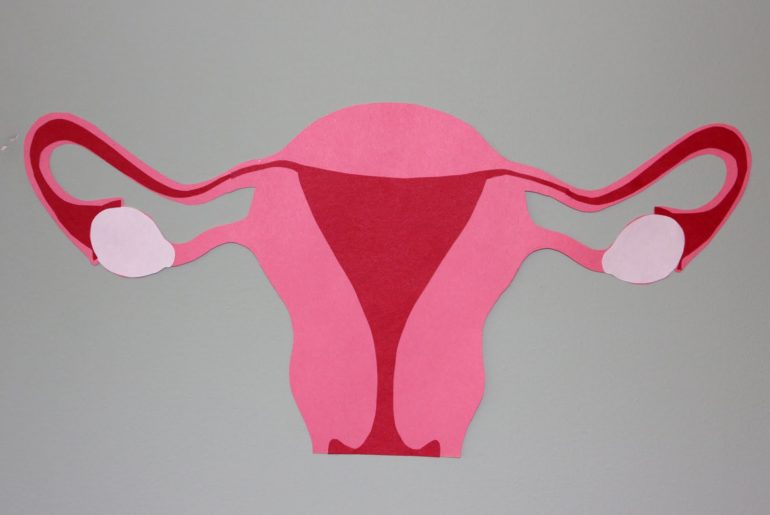
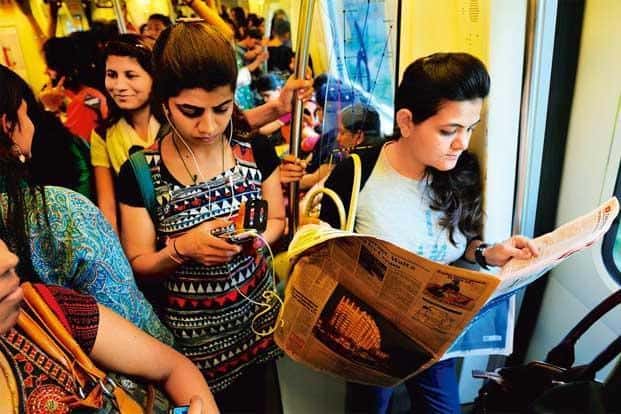



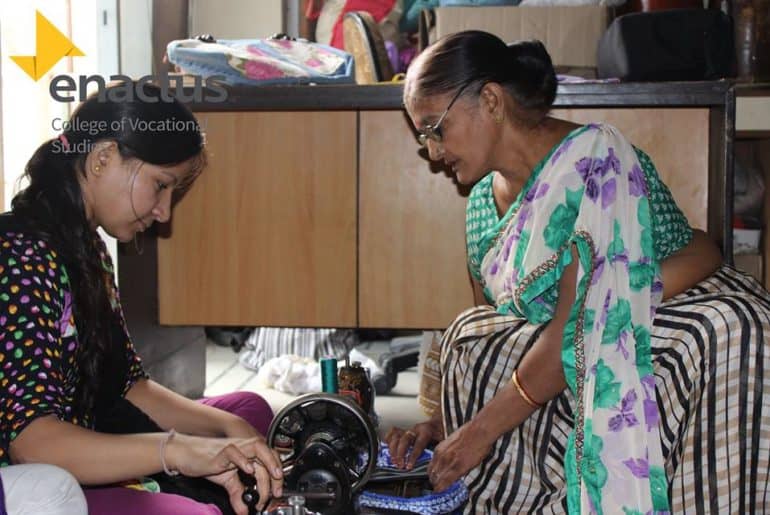
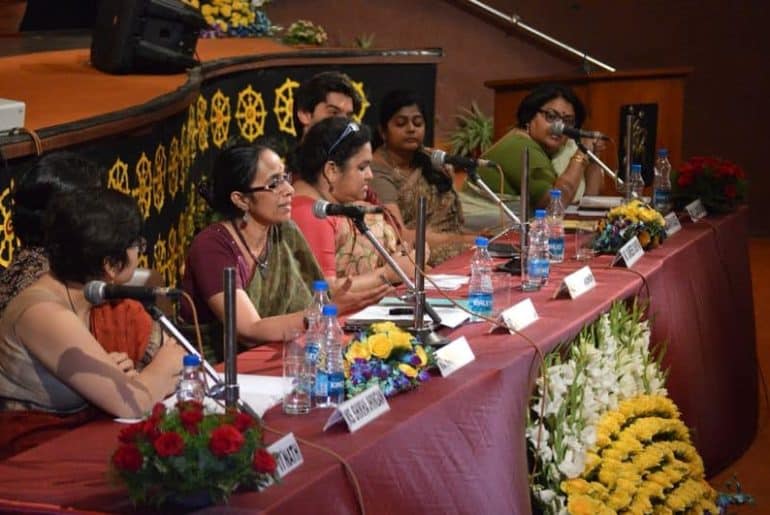
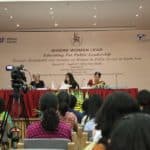
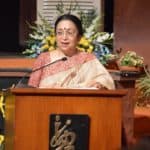
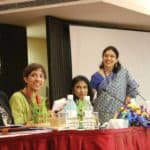
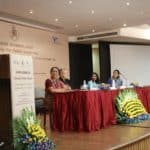
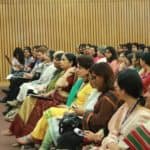
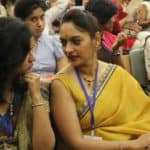
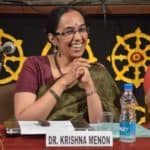
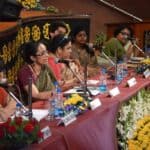
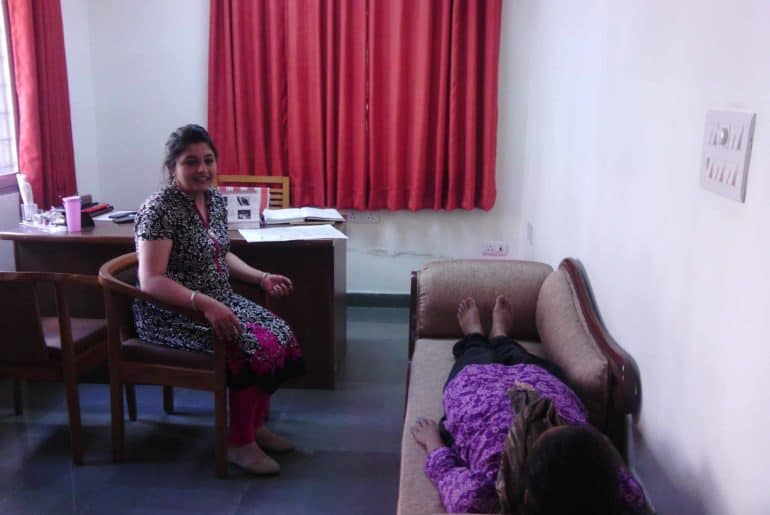
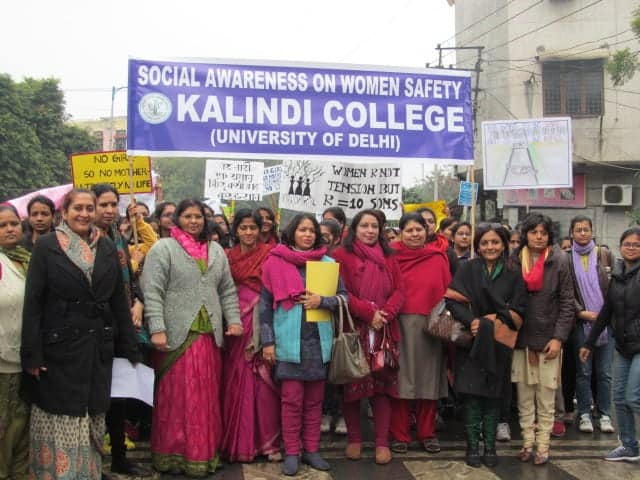
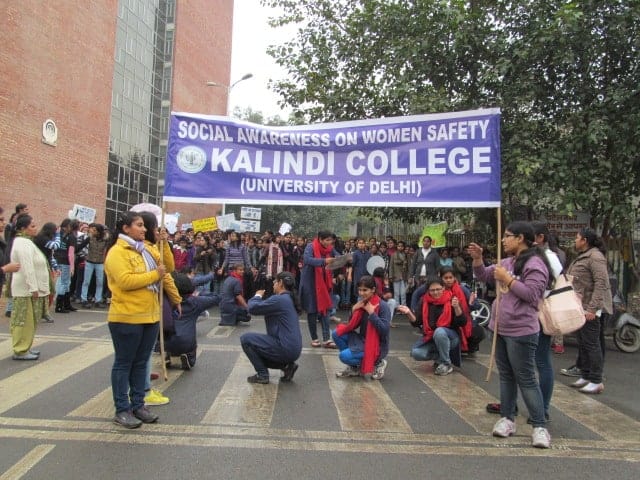 The Dramatic Society of the college, RAQS, played an important role in the rally and performed their street play within the procession, raising the slogan, ““Awazutha, shormacha”. “We have been and will be doing these events that will promote women safety and we thank our Principal for initiating this movement,” said Swati, a RAQS member.
The Dramatic Society of the college, RAQS, played an important role in the rally and performed their street play within the procession, raising the slogan, ““Awazutha, shormacha”. “We have been and will be doing these events that will promote women safety and we thank our Principal for initiating this movement,” said Swati, a RAQS member.
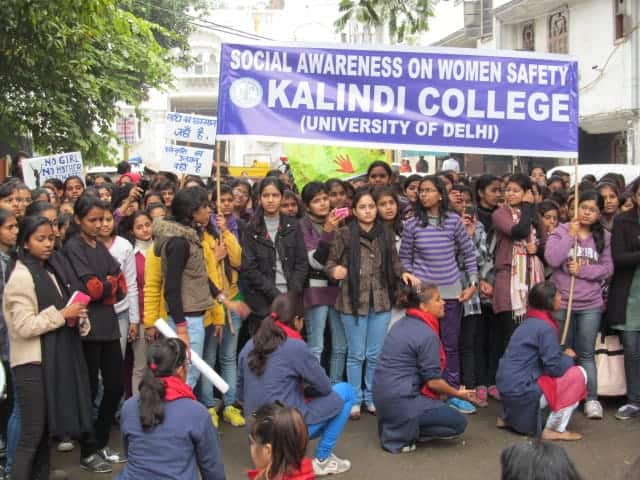 Many awareness programs have often been organized to raise the voice for women emancipation in Kalindi College and this rally was one of them. “Nari ka samman jahan, sanskriti kauthan wahan”, “nar-narieksaman, phir kyon bhed kare insaan” were the slogans created to make a difference in the society towards gender equality.
With a gathering of 2000 students, the rally was a huge success under the coordinatorship of Dr. Harvinder Kaur and Dr. Manju Sharma. They were praised for their efforts by the observers of the rally. The police personnel of Rajendra Nagar police station, Prasad Nagar police station and Ranjeet Nagar police station helped in the smooth movement of the rally. While observing the rally one of the women said,” ye cheesein thodi soch zarur badalengi… Bahut achha kaam hai.”]]>
Many awareness programs have often been organized to raise the voice for women emancipation in Kalindi College and this rally was one of them. “Nari ka samman jahan, sanskriti kauthan wahan”, “nar-narieksaman, phir kyon bhed kare insaan” were the slogans created to make a difference in the society towards gender equality.
With a gathering of 2000 students, the rally was a huge success under the coordinatorship of Dr. Harvinder Kaur and Dr. Manju Sharma. They were praised for their efforts by the observers of the rally. The police personnel of Rajendra Nagar police station, Prasad Nagar police station and Ranjeet Nagar police station helped in the smooth movement of the rally. While observing the rally one of the women said,” ye cheesein thodi soch zarur badalengi… Bahut achha kaam hai.”]]>
